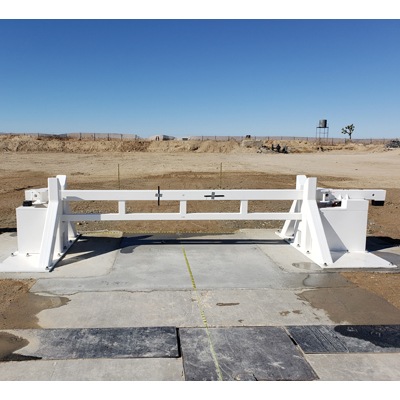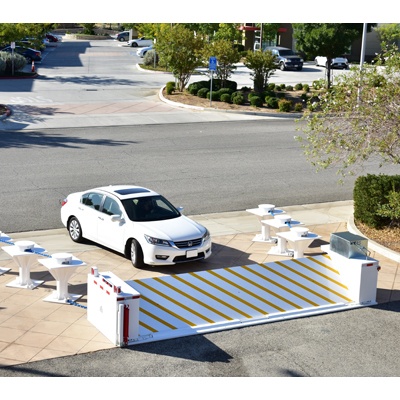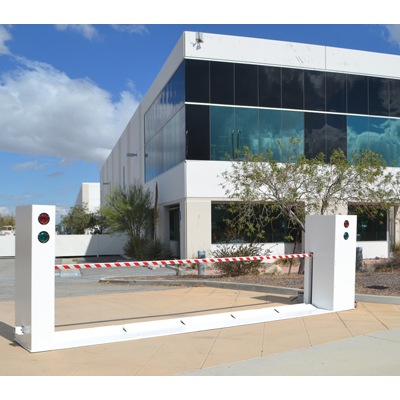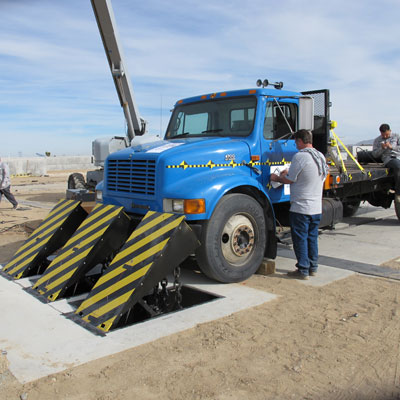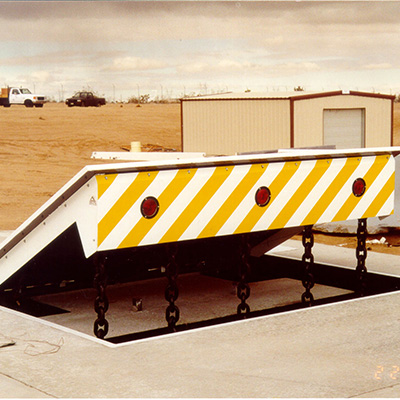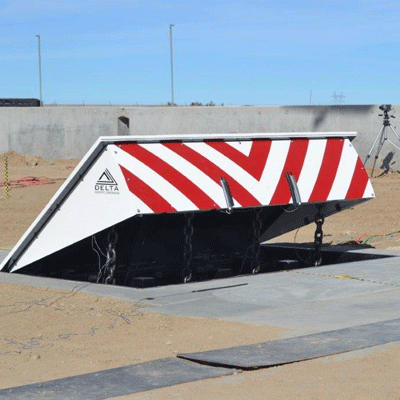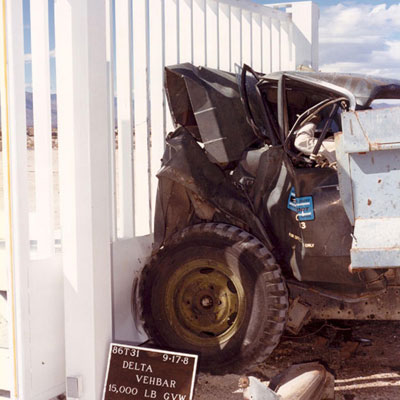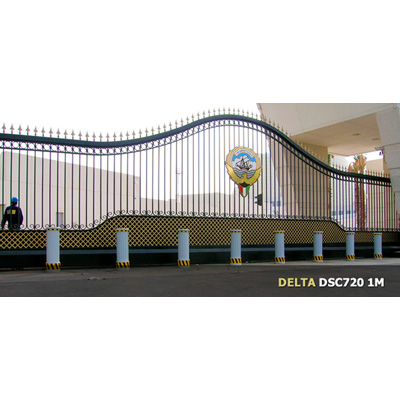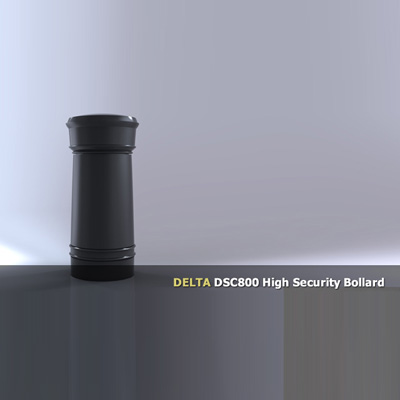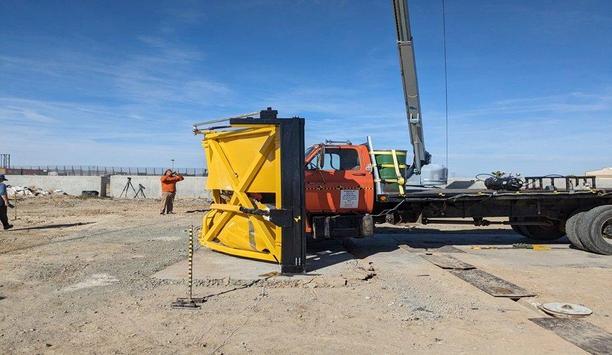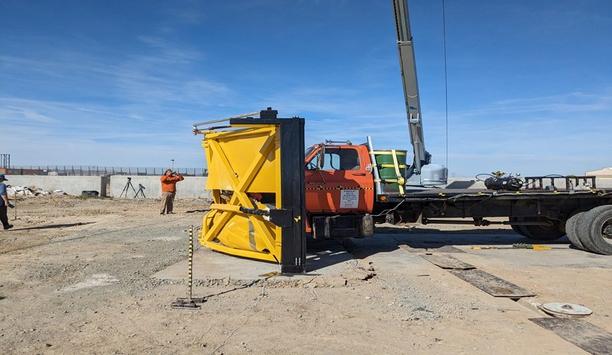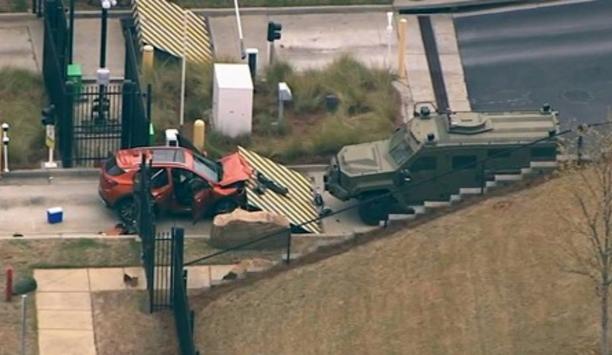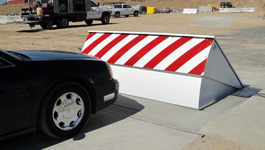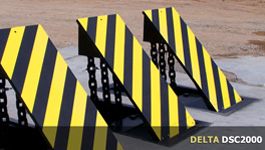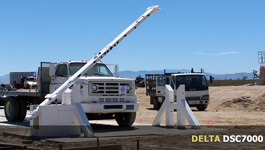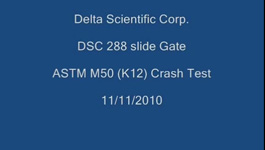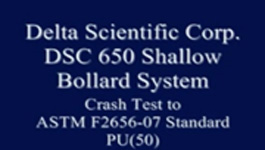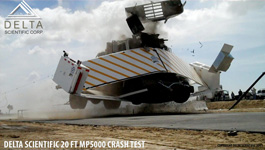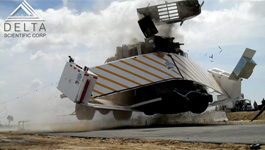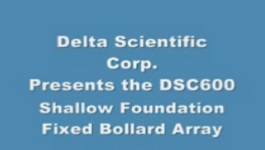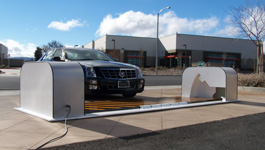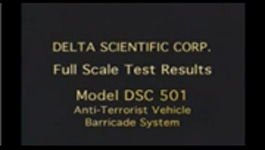
Do security managers continue to be recruited from the military and law enforcement?
Editor Introduction
The retired police officer who takes a cushy job as a security director is almost a cultural cliché. Like any cliché, the idea has roots in the real world, where police departments have often been a rich source of the security industry’s leadership talent. Former military personnel often find their way to the security industry, too, and realise that the familiar elements of discipline and command structure translate well. We wondered about the impact of this historic trend and whether it is changing as the security industry itself evolves. We asked our panel: What effect has the traditional recruitment of corporate and institutional security leaders from the law enforcement and/or military communities had on the security marketplace? Is the tradition changing and why?
The tradition is certainly not as strong as it once was. The change is based on enterprise level security systems all moving to the company network. Originally, traditional law enforcement and military personnel were not up to speed technically and were overlooked in favour of IT-savvy candidates. This has improved, however, as law enforcement and the military have both done great jobs training their personnel on IT. Ex-government security personnel are still in demand for the larger corporations that have internal IT security on staff.
The recruitment of many law enforcement officials or military communities has been as a result of experience in this niche market of security. Significant experience in their respective fields makes the transition from the public to the private sectors quick and easy. Additional experience in investigations and management lead many of these professionals into the security marketplace. Regardless of techniques used for an investigation, whether technology-based or traditional human resource-type investigations, the individual responsible for the overall investigation must be able to put all the pieces together from all the sources to form a complete picture and take appropriate actions. This is usually done by a trained investigator with years of experience, which is why the recruitment of former law enforcement officials will continue. I still see the tradition continuing, but with a caveat that private sector security companies need individuals who are tech-savvy.
More recent security leaders coming from law enforcement and/or military communities are taking their new employers far beyond a traditional loss prevention-centric view of security to an increased focus on overall enterprise security that integrates conventional access control, cyber-security and video, and supplements them with more advanced integrated intrusion, vehicle control and other anti-terrorist security agendas. They understand that malls and other retail outlets, banks, hotels, hospitals and similar soft targets must additionally be able to deflect attacks by terrorists. By having defended hard targets in their past positions, they already understand and are as experienced in creating anti-terrorist threats as they are in protecting people and property from civil thieves and threats.
Historically, the skills and mindset needed by security directors have aligned well with candidates coming from law enforcement and the military. That’s still true, but security’s changing role in today’s enterprise is also shifting emphasis to other skillsets, such as management and technology expertise. Incumbent security directors are having to adapt, and recruitment of top security talent today tends to cast a wider net. However, military and law enforcement experience can also reflect well on a candidate’s ability to adapt. Like any job in 2015, technology is playing a larger role (especially given the emphasis on disciplines like cyber-security and IP networking), so being tech-savvy can help.
The entrance of former law enforcement and military professionals into the security industry has been positive, as many have a higher knowledge base about security and safety issues, and they are known for being hard workers. Ex-military people are often ideal for technical positions. Former law enforcement [professionals] understand security more than having it just be a part of their job description. They are often a natural fit for corporate security director positions.
Editor Summary
Military and law enforcement candidates bring a lot to the table when they apply for security jobs. Their leadership, protection and investigative skills are a valuable contribution to the security industry’s ability to protect people, facilities and assets. As one panellist points out, military and law enforcement jobs are also changing, and in ways parallel to how security is changing. So military and law enforcement candidates of the future, for example, are likely to be more tech-savvy already. Management positions in the security market may be changing and expanding, but it’s likely that former military and law enforcement personnel will make up a large part of that talent pool for years to come.
Delta Scientific Corporation products
Delta Scientific Corporation news
Delta Scientific Corporation, the global pioneer in high-impact vehicle barricade systems, is proud to announce the launch of its newest innovation: the DSC50 “S” Barrier, a lightweight, crash-rated security solution tailored for temporary deployment across high-traffic urban environments. Motivated by recent public safety challenges and a mounting global awareness of vehicular threats, Delta’s engineering team designed the DSC50 “S” Barrier to provide rapid, visua...
Delta Scientific, the manufacturer of counter-terrorist vehicle control systems used globally, announced their MP100 portable barrier system has successfully achieved an M30/P3 designation. Total penetration was measured at a mere 51 feet, making this an industry pioneer. The MP100 was tested to the new ASTM F2656-23 standard which measures the penetration level from the pioneering edge of the barrier versus the back-side of the barrier of the previous standard. Foldable design The MP100 port...
Delta Scientific, the manufacturer of counter-terrorist vehicle control systems used globally, announced their MP100 portable barrier system has successfully achieved a PU30/P3 designation. Total penetration was measured at a mere 29 ft, making this an industry pioneer. The MP100 was tested to the new ASTM F2656-20 standard which measures the penetration level from the leading edge of the barrier versus the back-side of the barrier of the previous standard. MP100 portable barrier system The M...
Delta Scientific Corporation case studies
The DSC550 was tested to the new ASTM F2656-20 standard which measures the penetration level from the foremost edge of the barrier versus the back-side of the barrier like the previous standard. This can provide a difference of (1.52 m.) and makes the negative penetration level even more impressive. Design and features The DSC550 open frame barrier features a shallow foundation of only 24 inches (61 cm). The open-frame design additionally provides a unique counter-balance design with no spring...
This July, Delta Scientific expanded its partnership with American Family Field, home of the Milwaukee Brewers, delivering new levels of crowd protection for fans and staff alike. After deploying MP5000 portable barriers for perimeter safety, stadium officials turned to Delta again, this time for a flexible solution at tighter access points. The answer: the MP100, Delta Scientific’s newest portable barrier with M30/P3 crash rating, rapid setup, and custom Brewers decals. Whether protec...
Delta Scientific, the pioneering manufacturer of counter-terrorist vehicle control systems used globally, announced that on Monday, April 1st, a DSC501 High-Security Barricade stopped an unauthorised vehicle from entering an FBI field facility in Atlanta, Georgia. According to officials, the orange Buick Encore tried to follow an FBI employee’s car into the facility before being stopped by the Delta DSC501 barrier. The driver was then apprehended by special agents who were in the immediat...
Delta Scientific Corporation videos
Expert commentary
Security beat

| Head Office 40355 Delta Lane Palmdale, CA 93551 USA |







